For the next month, the Summit Chairs will be featuring information about our accepted speakers, demos, sponsors and posters. If you wish to be featured please email or tweet Addie
Apitronics develops a wireless platform for outdoor environments. The focus is on being able to prototype easily when deploying battery powered sensors and actuators. All the hardware and software source is open for modification and reuse, by hobbyists and for-profit businesses alike. Everything from circuit schematics, bill of materials, environmental enclosure designs, and all the software on the hardware itself is maintained as an open-source project.
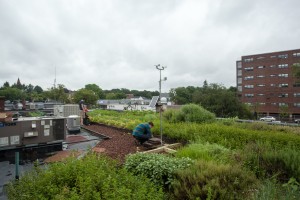
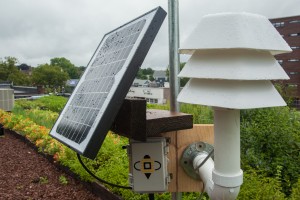
Apitronics’ mission is to help farmers become more efficient and productive by using networks of sensors and switches. We create electronic Bees, who work together and communicate with the Hive. Each Swarm—the Hive and its Bees– functions as a unit and is unique to its environment.
Read more about how it works
Want to come? It’s not too late to purchase tickets or even to support Open Culture and become a Sponsor. We hope to see you in Cambridge in September. It’s going to be an event filled with a community of awesome!
For the next month, the Summit Chairs will be featuring information about our accepted speakers, demos, sponsors and posters. If you wish to be featured please email or tweet Addie
Tom Jenkins and Ian Bogost created the “tiny tinkering” platform to help people solve small-scale problems in their everyday lives. In their systems, gratification comes not from making something new and remarkable to show off to the world, but in making something unremarkable that still feels important to an individual or small group. When to water a particular plant, when hot coffee has reached the right temperature, when the mail has been delivered, if it’s cold enough outside to warrant wearing a jacket, or a trigger to automatically lower the blinds when the sun is hitting a room in a certain way.

Their aim is to create an ecosystem that reduces hardware engineering complexity for small-scale, ubiquitous problems like these. It allows novices to prototype solutions quickly and straightforwardly. Today’s electronic platforms are priced for enthusiasts rather than ordinary people. As a contrast, their platform needs to be as inexpensive as possible in order to encourage applications that are never meant to be precious. Systems should be constructed and left in place doing their job instead of needing to be disassembled for a new project down the line. Developing electronics that has a focus on getting it done rather than on doing it.
More information and great documentation can be found on their website or in person at this years Summit.
Want to come? It’s not too late to purchase tickets or even to support Open Culture and become a Sponsor. We hope to see you in Cambridge in September. It’s going to be an event filled with a community of awesome!
For the next month, the Summit Chairs will be featuring information about our accepted speakers, demos, sponsors and posters. If you wish to be featured please email or tweet Addie
Sophi Kravitz is an engineer whose company, MIX, develops behavioral training products for scientists and consumers.
She will speak at this years OHS about a formulaic approach to determine the product’s market size, or if a product even has a market at all. She developed and used this formula to determine that MIX’s open source mouse nosepoke product was marketable. She is working on a novelty “Goldfish trainer” product which probably does not have a market and a new mouse trainer that probably does.
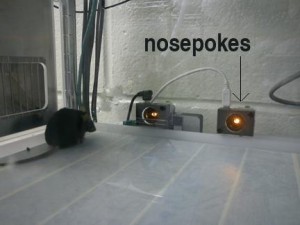
Want to come? It’s not too late to purchase tickets or even to support Open Culture and become a Sponsor. We hope to see you in Cambridge in September. It’s going to be an event filled with a community of awesome!
Making parallel computing easy to use has been described as “a problem as hard as any that computer science has faced”. With such big challenges ahead, we need to make sure that every programmer has access to cheap and open parallel hardware and development
tools. Unfortunately, the industry standard has to date been for hardware vendors to only provide massively parallel state of the art hardware to select individuals, research institutions, and partners. When parallel hardware eventually was available to the public, many vendors opted to require NDA to get access to data sheets, switch to proprietary drivers or impose proprietary code platforms..
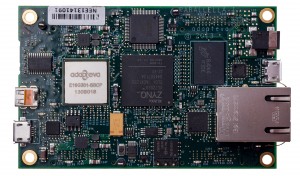
To address these shortcomings and to democratize access to parallel computing, Adapteva launched the open hardware Parallella project on Kickstarter during opening day of the Open Hardware Summit in New York in 2012. Their talk will present Adapteva‘s transformation from a paranoid semiconductor start up to a truly open hardware platform company and tell the story of how the Parallella project came together over this past year.
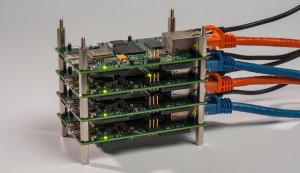
The Desafio 100km 1liter race: The challenge is not only to cover the distance of 100 km with only 1 liter of gas (235 MPG) but to compete with other participants in a race using cars developed with open source hardware.
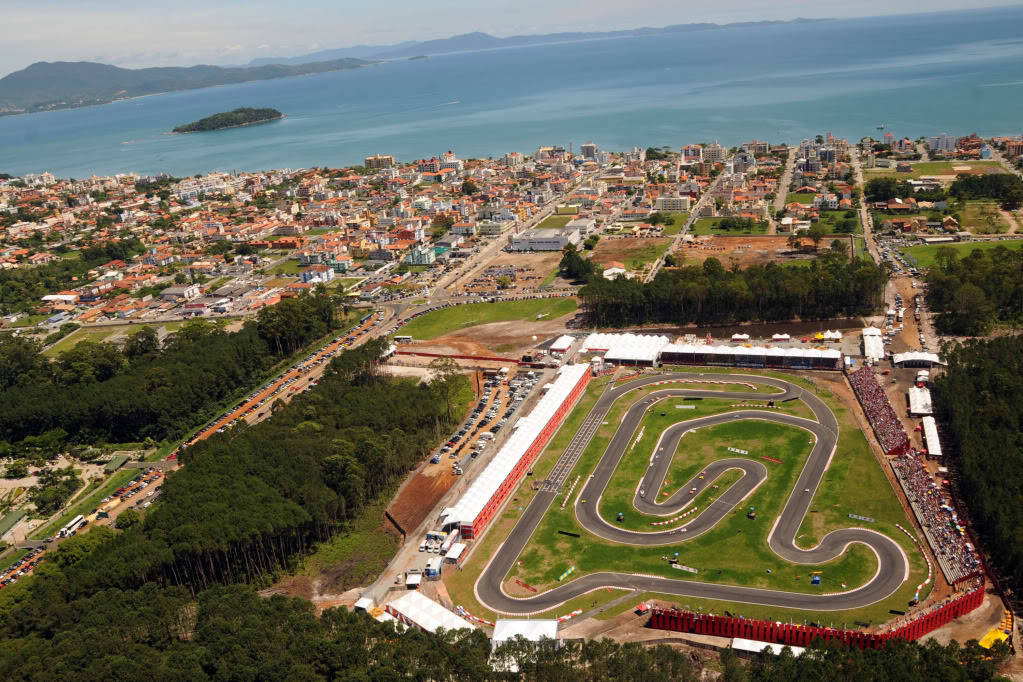
After registering, student teams build a vehicle using Open Hardware and participate in the race in 2014. It will take place in south Brazil on the island of Florianópolis.
Three of the organizers of the Desafio will speak at the Open Hardware Summit: Jean-Luc Wingert, who designed the event, will talk in the “Collective Innovation” session about the mix of collaboration, competition and open hardware in this event. Rodrigo Magri and Brener Martins will also be present.
Want to come? It’s not too late to purchase tickets or even to support Open Culture and become a Sponsor. We hope to see you in Cambridge in September. It’s going to be an event filled with a community of awesome!
You may not have noticed but last year OSHWA adopted some conference policies.
This step was encouraged by a friend and member of the open hardware community, Lenore of Evil Mad Scientist Laboratories, and we happily complied. Luckily, the folks at the Ada Initiative made it easy, they have example drafts of conference policies pretty much ready to go.
The Open Source community has generally been just that, Open. We feel lucky to be a part of such an open culture.
This policy is in place for the same reason people have health insurance – just in case. It basically says “be supportive, fair and awesome. If you aren’t, you may be asked to leave” So while the Ada Initiative wrote and encouraged adoption of policies targeted towards preventing harassment of women, these ground rules apply to everyone.
Marcin Jakubowski is the founder of Open Source Ecology, which is creating the Global Village Construction Set — the blueprints for simple fabrication of everything needed to start a self-sustaining village. At Factor e Farm in rural Missouri, he’s been successfully putting those ideas to the test.
Declaring that, “We can lead self-sustaining lives without sacrificing our standard of living,” Marcin Jakubowski believes that only by opening the means of production can we achieve abundance for all. Though he has a Ph.D. in fusion physics, he became dissatisfied with its remoteness, and turned back to the earth as a farmer.

Marcin will be speaking at this years Open Hardware Summit about the project and “The Open Source Industrial Revolution”
Want to come? It’s not too late to purchase tickets or even to support Open Culture and become a Sponsor. We hope to see you in Cambridge in September. It’s going to be an event filled with a community of awesome!
For the next month, the Summit Chairs will be featuring information about our accepted speakers, demos, sponsors and posters. If you wish to be featured please email or tweet Addie
TinyCircuits created the TinyDuino platform which shrinks the Arduino platform to the size of a quarter, yet maintains the expansion capabilities of the microprocessor. Launched on Kickstarter in the fall of 2012, the TinyDuino Kickstarter raised over 1000% of its goal amount.
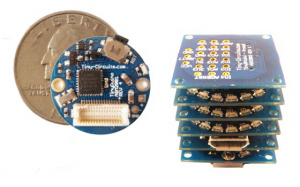
The long-term vision of the company is to employ a mix highly educated knowledge based workers, along with skilled production workers, to create new electronic products for the hobbyist and engineering community.
More information about TinyCircuits is available at their website, in addition, come to the Summit to see and hear them in action!
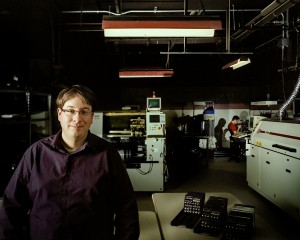
Want to come? It’s not too late to purchase tickets or even to support Open Culture and become a Sponsor. We hope to see you in Cambridge in September. It’s going to be an event filled with a community of awesome!
The speakers for this years Open Hardware Summit have been announced!
The specific timeline for the day will be fourth coming.
See you in Cambridge!!
For the next month, the Summit Chairs will be featuring information about our accepted speakers, demos, sponsors and posters. If you wish to be featured please email or tweet Addie
We say “history belongs to those who hack it,” artist and cinema historian Matthew Epler combats this with his invention, the Kinograph. Using a consumer-grade DSLR camera, materials available online, open source software, 3D printing, and no special skills, Epler has assembled a simple but sophisticated machine to digitize film that anyone could build.
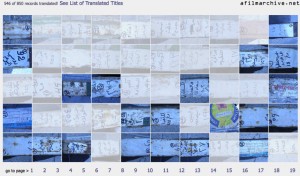
The Kinograph currently requires $1200, if you already have the camera, but Epler has plans to get it under a grand. In comparison, the digital preservation cost for just one canister ballparks at $800. The other alternative would be to purchase a digital motion picture scanner, which costs upwards of $175,000. Open Source FTW! More Information at Matthews Website
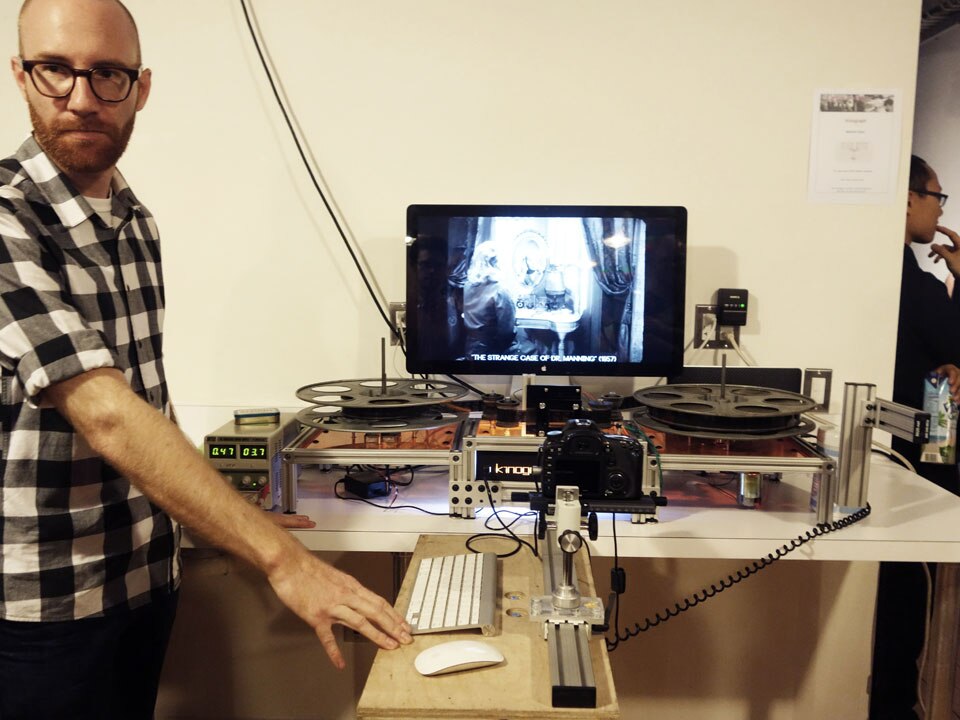
Want to come? It’s not too late to purchase tickets or even to support Open Culture and become a Sponsor. We hope to see you in Cambridge in September. It’s going to be an event filled with a community of awesome!











